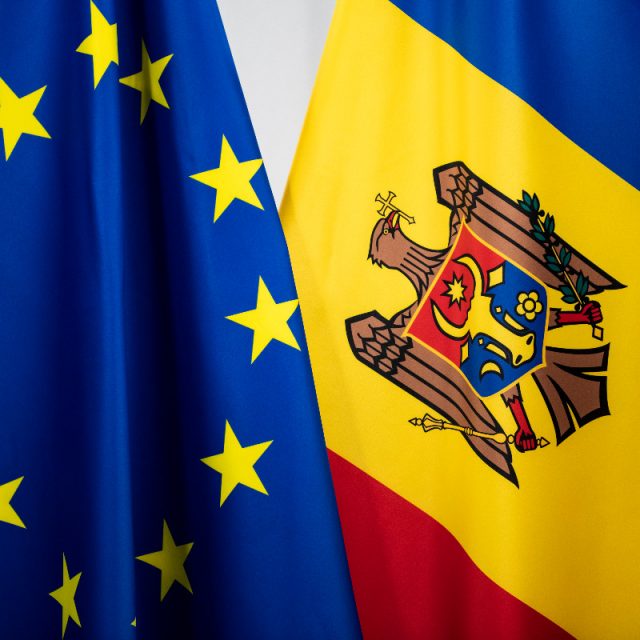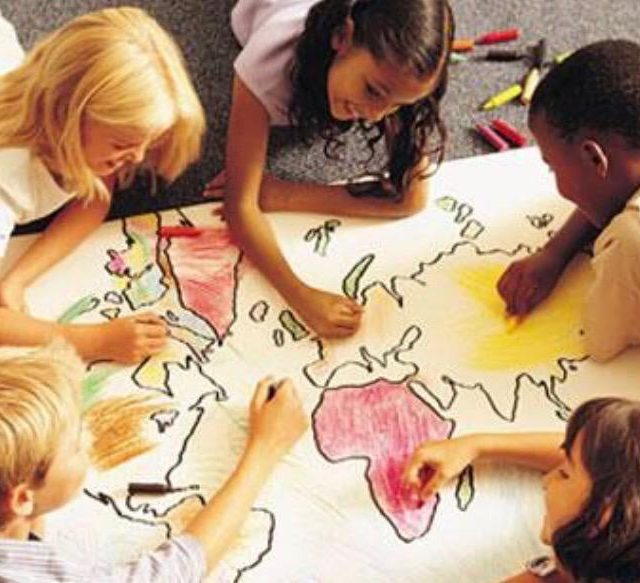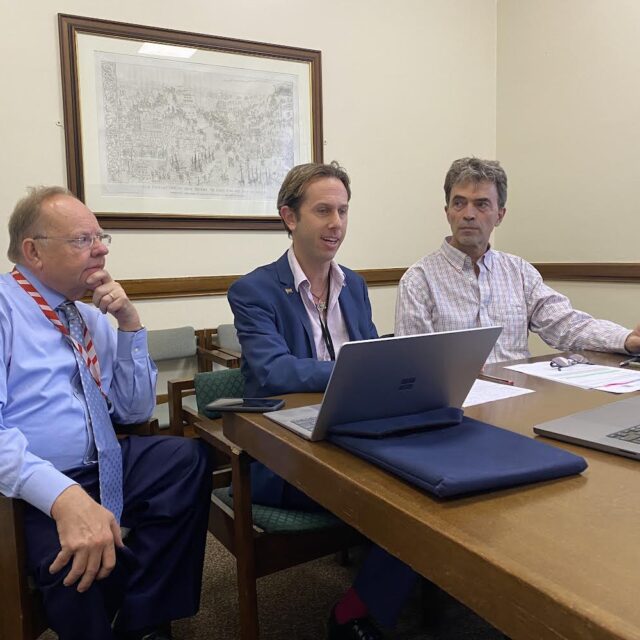An inaugural meeting of the Regional Religious Freedom Forum in Taiwan has heard that the country is flying the flag for safeguarding religious freedom, particularly in the Indo-Pacific region.
The meeting heard that Taiwan is committed to ending intolerance and persecution of religious minorities.
Organized by Taipei City-based Taiwan Foundation for Democracy, the two-day event was the first of its kind in the region and featured academics, experts and officials from more than 10 like-minded countries.
The new forum is seen as having a key role to play in advancing religious freedom while promoting democracy and human rights throughout the Indo-Pacific. It was inspired by the inaugural Ministerial to Advance Religious Freedom hosted by U.S. Secretary of State Mike Pompeo last July in Washington.
The establishment of the forum has been welcomed by Taiwan’s Ambassador to the EU Tseng Ho-jen who, speaking on Wednesday, told this website, “The people of Taiwan enjoy complete freedom of religion, as guaranteed by our constitution. Any visit to Taiwan is enough to see how richly variegated Taiwan’s religions landscape really is.”
Among those attending the Forum was U.S. Ambassador-at-Large for International Religious Freedom Sam Brownback who met with senior government officials, legislators and religious leaders to discuss ways for Taiwan and the U.S. to jointly promote religious freedom and shared values.
At the same time it was also announced that Taiwan will contribute US$1 million over five years to the U.S. Department of State’s International Religious Freedom Fund.

Taiwan President Tsai Ing-wen said that Taiwan is “committed to working with like-minded partners on safeguarding freedom of religion and ending intolerance and persecution.”
She said that “religious freedom is under threat around the world amid growing suppression of democracy and human rights” and in the face of this challenge, “Taiwan stands with those who suffer oppression at the hands of authoritarian regimes.”
Speaking at the Forum, she said freedom of religion is central to Taiwan’s democratic way of life and “as a melting pot of people, cultures and faiths, the nation is evidence that diversity and mutual acceptance bind and strengthen societies.”
Despite the fact that Taiwan’s Muslim population numbers only about 60,000 and makes up just 0.3 per cent of the country’s population, there are a surprising number of Mosques across the country.
According to Tsai, history has shown that when people live free from fear, countries enjoy peace, stability and prosperity, adding, “Whatever your religion, whatever your tradition, whatever your identity, we are gathered here today and called to bring religious freedom to the oppressed, hope where there is despair and light where there is darkness.”
She cited the increasing number of Muslim, Catholic and Hindu residents who have immigrated to the country over the past several years who, she noted, “have enriched the nation with their culture, food and religions and demonstrated that anyone can contribute a chapter to the story of Taiwan.”
The president met Brownback and, after the meeting, said that it is hoped that Taiwan and the U.S. can continue to expand multifaceted cooperation and promote “shared values like democracy and freedom of religion throughout the region.”
Brownback said, “Taiwan serves as an example for religious free society for China. It (religious freedom) is not a threat to governments.”
“I don’t understand why in China they think it’s a threat,” Brownback said, adding that being open to all religious beliefs is “in fact a society building block.”




